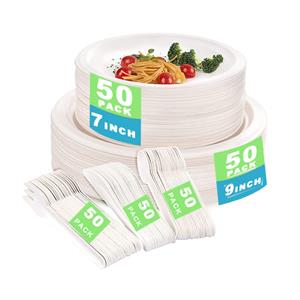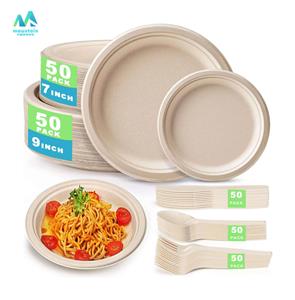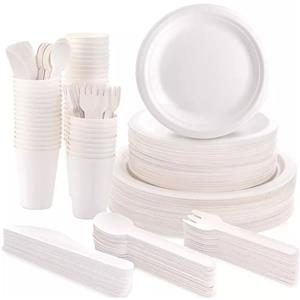Jamaican Government Bans Plastic Containers in Food Packaging
—Jamaica Observer
The Jamaican government has recently announced a ban on the use of plastic containers in domestic food packaging, a move widely recognized as sensible and environmentally responsible. However, to ensure this ban is effective and not easily circumvented, the administration must demonstrate greater creativity and stricter vigilance compared to the past attempts at restricting Styrofoam use over four years ago. Suppliers and consumers must not simply switch to other petroleum-derived products as alternatives. The ban needs robust enforcement.
Additionally, the government must accelerate its efforts to recycle plastics in Jamaica, which likely requires the consolidation or at least better coordination of the agencies involved in this task. Currently, responsibility for environmental issues and the government’s involvement in Jamaica’s only organized recycling project lies with Matthew Samuda, a minister in the Ministry of Economic Growth and Job Creation. Meanwhile, solid waste management and regulation fall under the Local Government and Rural Affairs Minister, Desmond McKenzie. This division of responsibilities seems illogical and inefficient.
The Plastic Waste Problem
Plastics pose a significant problem both in Jamaica and globally. For instance, plastics account for around 17% (approximately 183,000 tonnes) of the solid waste produced annually in Jamaica. A minimal portion of this is recycled, primarily the 30% of polyethylene terephthalate (PET) and high-density polyethylene (HDPE) bottles made on the island and used to create new products.
Two years ago, Recycling Partners of Jamaica, a joint recycling initiative between the government and industry, estimated that 800 million plastic bottles were produced locally each year. Most of these, around 560 million plastic bottles, end up in landfills or are discarded, often in gutters, gullies, and rivers, with significant amounts eventually reaching the sea.
This figure does not include the large quantities of plastics imported into Jamaica as packaging, products, and product additives. These contribute significantly to environmental degradation and human health issues, particularly when microplastics enter the food chain. This context underscores the importance of Jamaica’s 2019 ban on the distribution of certain sizes of single-use plastic shopping bags. Prior to the ban, Jamaicans used an average of 500 such bags annually, totaling over 1.4 billion. While this restriction has held up reasonably well, some leaks are still apparent.
Improvement Measures and Future Outlook
The same efficacy was not achieved with the subsequent ban on Styrofoam (polystyrene) for food packaging and serving, introduced a year later. The food industry quickly found cheap, chemical-based, and often non-biodegradable alternatives, citing the high cost or unpopularity of environmentally friendly options. A significant part of the problem was the existence of regulatory loopholes, which Matthew Samuda aims to close from July 1, with an explicit ban on PET, polycarbonate, polyvinyl chloride (PVC), and, in some cases, HDPE food containers.
These types of plastics were never intended as substitutes for Styrofoam, and the initial ban held for eight months until the loopholes were exploited. Therefore, the new regulations must be drafted tightly to withstand scrutiny and prevent any exploitation of weak spots.
Meanwhile, the government needs to significantly improve solid waste management, especially plastics, beyond mere rhetoric and attempts at citizen-shaming, which have become the norm for the National Solid Waste Management Authority (NSWMA) and its parent ministry. Instead, there must be coherent policy and sustained action to create a thoughtful, modern, and efficient waste management system.
Prime Minister Andrew Holness should urgently consider his options in this regard, including swiftly implementing mandatory waste separation in government ministries and agencies, a proposal he put forward last December.
Holness has strong political and economic incentives to act on these matters. He will recall that dissatisfaction with garbage collection was among the reasons cited for his party’s relatively weak performance in the municipal elections last February.
Furthermore, plastics that block many of the island’s gullies and drains contribute to flooding, damaging infrastructure. The repair costs divert funds from other areas in need of financial support. This vicious cycle is exacerbated when poor infrastructure and a lack of funding for critical areas further frustrate voters.
If the government can get recycling right, it would not only enhance Jamaica’s and the global environment but also open new opportunities for employment and revenue generation.
—Reprinted from the Jamaica Observer




